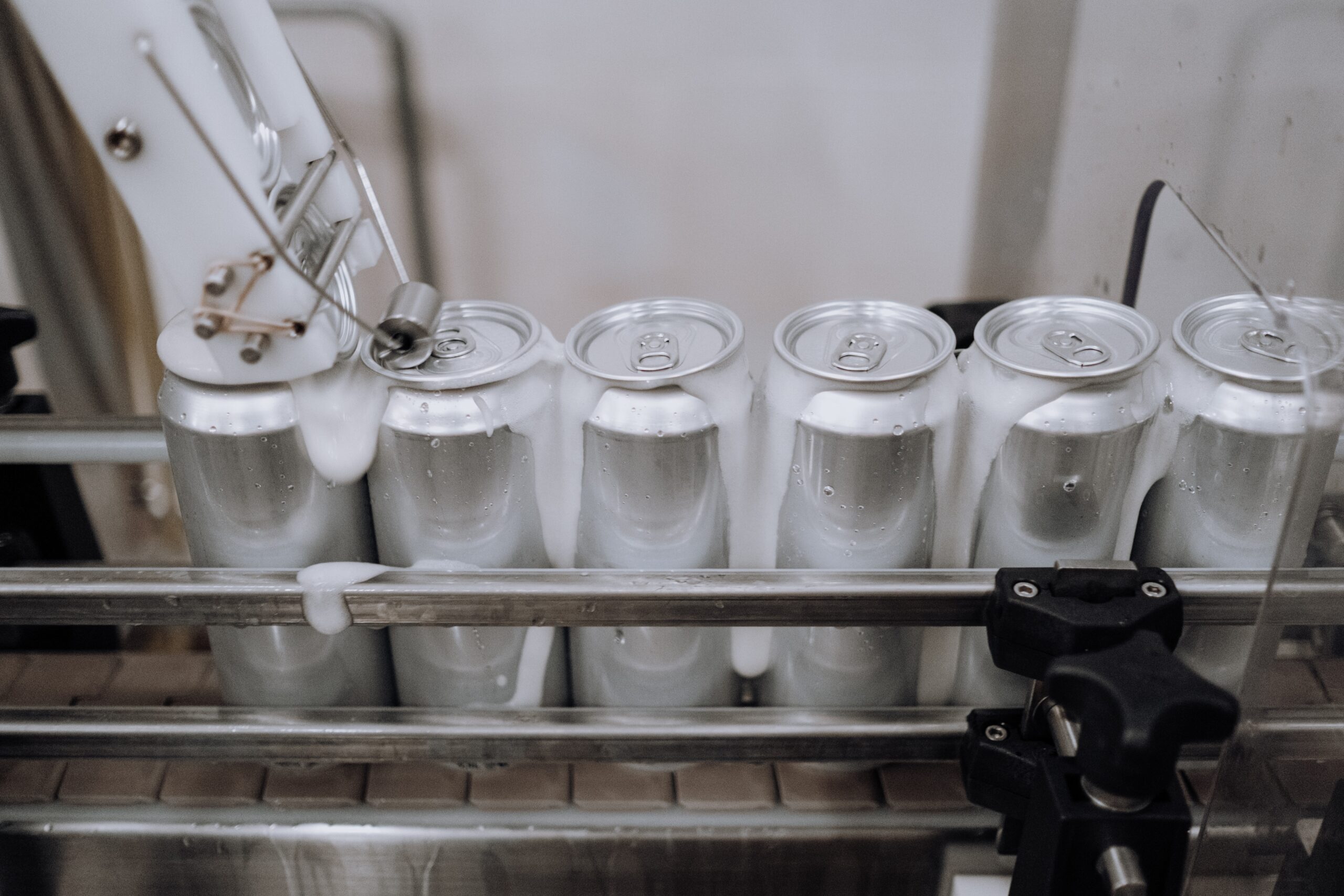Educating Them in Another Way

Non-Zero and Non-Standard
Situation/Challenge
Many parents and educators are increasingly dissatisfied with the traditional assembly line method of education, which doesn’t always address each child’s unique abilities and needs. They are searching for an alternative approach that is more sustainable, individualized, and engaging for children in a global world. The question becomes: what are the viable alternatives to assembly line education?
Principle
To be effective, the alternative to assembly line education must be based on a construct that:
- Allows for varied inputs, honoring the diverse backgrounds and abilities of students.
- Responds rapidly and appropriately to feedback, as a way to address students’ individual learning needs, as well as adapting to societal changes.
- Continuously evolves and learns over time, ensuring that education two years from now will be better and more effective than education today.
Pitfalls
Some educators and policymakers argue that standardization is essential for maintaining consistent educational standards and outcomes. They believe that uniformity and conformity are necessary to ensure all students receive the same opportunities and preparation for the future. However, this viewpoint often disregards the diverse talents, skills, and backgrounds of each student, limiting their potential for growth and success.
Unlearn
We need to unlearn the limiting concepts of zero-sum games and statistically predicted variance based on a single outcome scale. These ideas create a restrictive and inflexible educational environment that doesn’t take into account the unique capabilities and requirements of each student or the ever-changing demands of our modern society.
Relearn
To create a more adaptable and supportive educational system, we should embrace the notion that a thriving society requires varied scales and roles. This approach acknowledges that different people are best suited to perform diverse tasks, and that standardization can coexist within a control system that honors and nurtures these differences. By appreciating the strengths of each individual, we can cultivate sustainable outcomes for individuals, teams, and the broader community.
Application
To implement this non-zero and non-standard educational approach, the following steps should be taken:
- Assess students early: Conduct comprehensive assessments of students’ abilities, learning styles, and interests early in their educational journey. This information can inform the development of personalized learning plans and experiences that capitalize on each student’s strengths and encourage a “liberal arts” education to foster respect and appreciation for the gifts and talents of others.
- Focus on support and engagement: Prioritize the provision of support, engagement, feedback, and intervention within the educational interactions and control systems. This not only allows for early identification and resolution of potential learning difficulties but also helps to maintain a positive and inclusive learning environment that adapts to students’ diverse needs.
- Collect and analyze data: Utilize data collection and analysis tools to measure and monitor student progress, with a focus on statistical precision and formative evaluation. Educators should implement corrective actions and interventions in real-time, ensuring that students receive the support they need to thrive throughout the school term and beyond.
- Provide ongoing training and development: Offer continuous training and professional development opportunities for both educators and students, taking into account the feedback and data generated by the control system. This approach allows for the continuous improvement of teaching methods and strategies, as well as the personal development of each individual within the education system. By recognizing and addressing the impacts of life events, stressors, and experiences on both students and educators, we can foster a more resilient and effective educational environment.
Embracing a non-zero and non-standard approach to education can foster an environment that nurtures individuality and continually evolves to meet students’ unique needs. By moving away from the rigid assembly line model of education, we can create a more sustainable and holistic educational experience for all students, ultimately benefiting our entire society. Implementing these principles and strategies in our schools and communities will thrive, fostering a new generation of well-rounded, adaptable, and successful individuals.
